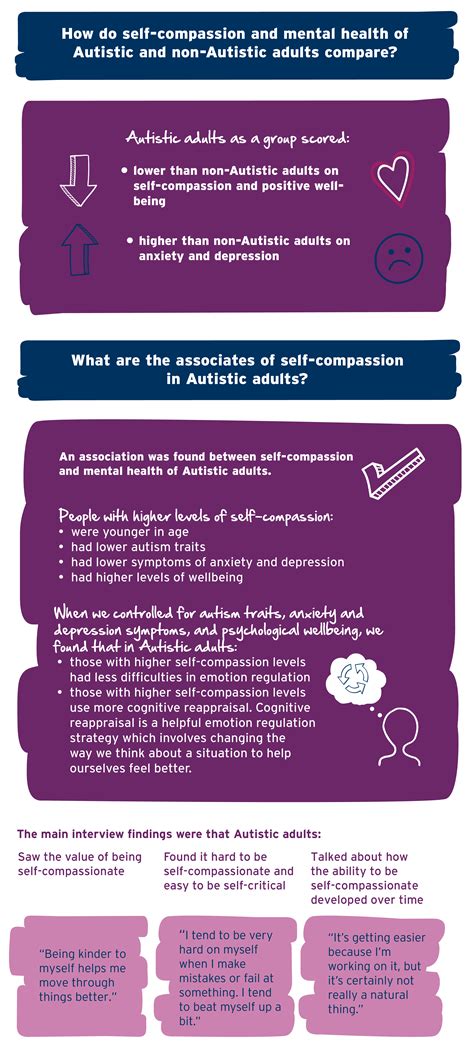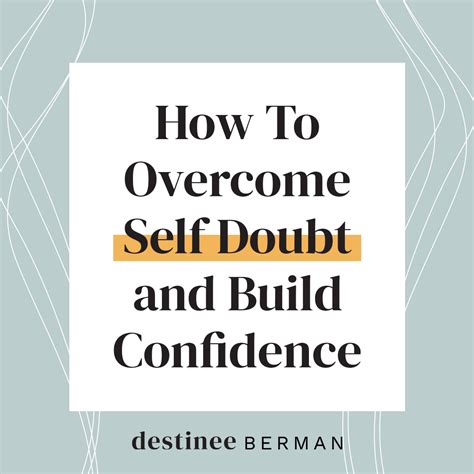Self-doubt is a common adversary, silently undermining our potential and clouding our judgment, especially when faced with important decisions. It can paralyze us, leading to indecision or choices made from a place of fear rather than strength. Learning to quiet this inner critic is not about eradicating it entirely, but about developing strategies to navigate its presence, empowering you to make choices with conviction and clarity.
Understanding the Roots of Self-Doubt
Before we can quiet self-doubt, it’s crucial to understand where it comes from. Often, it stems from past failures, criticism, comparisons to others, or even unrealistic expectations we place upon ourselves. It manifests as that nagging voice that says, “You’re not good enough,” “What if you fail?” or “You’ll regret this.” Recognizing these patterns is the first step towards disarming them.

Challenge Your Inner Critic with Evidence
One of the most effective ways to quiet self-doubt is to challenge its claims with logic and evidence. Instead of accepting negative thoughts at face value, ask yourself: “Is this thought truly based on facts, or is it an assumption?” Look for past successes, skills you’ve developed, or positive feedback you’ve received that directly contradicts the doubt.
Keep a “confidence journal” where you record your achievements, even small ones, and moments where you’ve overcome challenges. When doubt creeps in, refer to this journal as a concrete reminder of your capabilities. This practice shifts your focus from perceived weaknesses to demonstrated strengths.
Embrace Self-Compassion and Imperfection
Perfectionism often fuels self-doubt. The fear of not getting it exactly right can prevent us from acting at all. Cultivating self-compassion means treating yourself with the same kindness and understanding you would offer a good friend. Acknowledge that everyone makes mistakes, and that imperfection is a natural part of growth and learning.

When you hear that critical voice, try reframing it. Instead of “I’m going to mess this up,” try “I’m doing my best, and even if it’s not perfect, I will learn from the experience.” This shift in internal dialogue can significantly reduce the power of self-doubt.
Take Small, Deliberate Steps Forward
Often, self-doubt paralyzes us, leading to inaction. The best way to combat this is to take small, manageable steps. Break down large decisions or tasks into smaller, less daunting components. Each small step successfully completed builds momentum and reinforces your belief in your ability to handle the next one.
This incremental approach allows you to gather evidence of your competence and resilience without being overwhelmed by the enormity of the final goal. Celebrate these small victories; they are crucial building blocks for stronger self-trust.

Seek Perspective and Mentorship
Sometimes, our self-doubt is so pervasive that it’s hard to see our strengths objectively. Talking to trusted friends, mentors, or even a therapist can provide invaluable external perspective. They might highlight qualities or achievements you’ve overlooked, or offer practical advice based on their own experiences.
A mentor, in particular, can guide you through challenging situations, sharing insights that help you navigate decisions with greater clarity and less apprehension. Their belief in your potential can be a powerful antidote to your own self-doubt.

Practice Mindful Awareness
Mindfulness is a powerful tool for observing your thoughts without judgment. When self-doubt arises, instead of getting caught up in the narrative, simply notice the thought. Acknowledge its presence, but choose not to engage with it. Imagine it as a cloud passing in the sky – you see it, but you don’t have to cling to it.
Regular mindfulness practice, even just a few minutes a day, can create a mental space between you and your doubtful thoughts, allowing you to choose your response rather than being automatically hijacked by them. This space is where confident decision-making truly begins to flourish.

Conclusion: Cultivating Unshakeable Confidence
Quieting self-doubt is an ongoing journey, not a destination. It requires consistent effort, self-awareness, and a commitment to nurturing your inner strength. By understanding its origins, challenging negative thoughts, practicing self-compassion, taking deliberate action, seeking external support, and embracing mindfulness, you can gradually diminish the power of your inner critic.
The goal is not to eliminate all doubt, but to prevent it from dictating your choices. As you build a repertoire of strategies and experiences, you’ll find yourself approaching decisions not with fear, but with a growing sense of competence, clarity, and unshakeable confidence in your own abilities.




